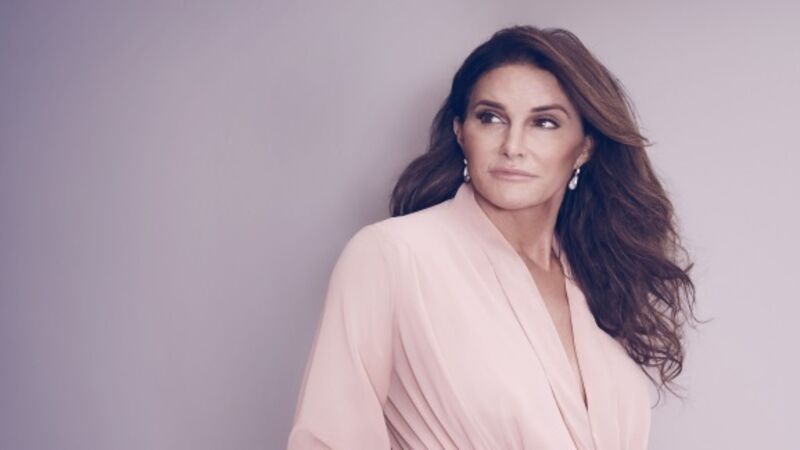Being liberated from secrets is the best thing to happen to Caitlyn Jenner

CAITLYN Jenner, former Olympic decathlon gold medallist and hapless former patriarch of the Jenner Kardashian reality television industry, has just published a book, The Secrets Of My Life. Once you read it, you’ll realise she no longer has any secrets, which must be rather a relief to her. Caitlyn Jenner has been keeping secrets since she was eight years old, secretly dressing up in her mother’s clothes, thrilled at how it felt, terrified she’d get caught.
She was Bruce Jenner back then — in fact, she was Bruce Jenner until just two years ago, when a Vanity Fair cover story launched her as Caitlyn. (Her autobiography is co-written by Buzz Bissinger, the Pulitzer-winning journalist who wrote the Vanity Fair piece.) Caitlyn is 67, and has known all her life that she was a girl — yet it took her 65 years to make the transition (she had what she terms “the Final Surgery” this January — it “was a success — I feel not only wonderful but liberated.”)










